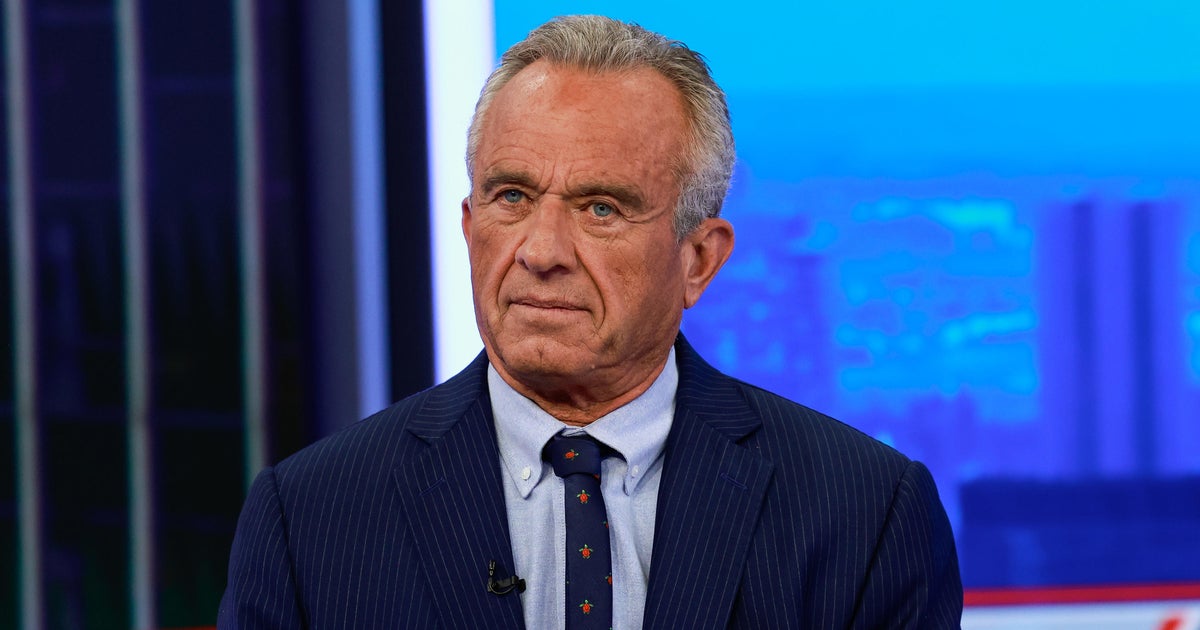Negotiations between White House and GOP emissaries had been stymied over core spending and policy issues, with talks breaking down for part of the day on Friday before resuming later that night. A final agreement is increasingly seen as one that hinges on a deal between Biden and the House GOP.
“My discussion with the president, I think, was productive,” McCarthy told reporters at the Capitol following his phone call with Biden. “I think we can solve some of these problems if he understands what we’re looking at.”
Rep. Garret Graves (R-La.), who has emerged as a GOP frontman on the debt ceiling talks, will take part in Sunday’s talks. Asked about the major policy issues standing in the way of an agreement — such as work requirements or permitting reform — Graves told reporters “the numbers are the baseline.”
“These are levers or dials that can help adjust the needs of each side in terms of negotiating,” Graves said of specific policy differences. “But I want to be very clear: The numbers are the foundation. The speaker has been very clear: A red line is spending less money. And unless and until we’re there, the rest of it is really irrelevant.”
The call with McCarthy took place as Biden was returning from the Group of Seven summit in Japan, cutting short other planned visits to rejoin debt ceiling negotiations in Washington. Speaking earlier in a wide-ranging news conference in Hiroshima before departing on Air Force One, Biden called on Republicans “to move from their extreme positions because much of what they’ve already proposed is simply, quite frankly, unacceptable.”
The Sunday exchange between Biden and McCarthy sets the stage for an intense, high-stakes week that will determine whether the United States breaches a crucial deadline, upending the global economy. Wall Street investors are anxious for any signs of progress in the hours before Asian markets open, and before the major U.S. stock indexes begin trading Monday morning.
The United States is creeping closer to a potentially calamitous economic crisis. On Sunday, during an appearance on NBC’s “Meet the Press,” Treasury Secretary Janet L. Yellen warned that some bills would have to go unpaid if the government breaches the June 1 deadline. The likelihood of the government being able to sustain operations and pay all bills until mid-June “is quite low,” she said.
“My assumption is that if the debt ceiling isn’t raised, there will be hard choices to make about what bills go unpaid,” Yellen said.
Exactly what happens next is hard to predict, but economists broadly warn that a default would cause a recession, torpedo the financial system, put Social Security checks for seniors on hold, cause federal workers to be furloughed and send mortgage rates soaring.
Asked what happens if the nation defaults on its debt, Biden shook his head and walked away.
In his Hiroshima remarks, Biden said he believes that the administration has the authority to invoke the 14th Amendment, which a growing number of Democrats have been pushing for to resolve the debt ceiling standoff without involving Congress.
A group of Democratic senators sent a letter last week reminding Biden that the 14th Amendment states that “the validity of the public debt, authorized by law … shall not be questioned.” But Biden said it was unclear whether the move could address the crisis, given that the United States risks running out of money to pay its bills in as little as 11 days. Moreover, it would probably face legal challenges.
“It’s time for Republicans to accept that there is no bipartisan deal to be made solely — solely — on their partisan terms,” Biden said. “They have to move, as well.”
He added: “I can’t guarantee that they wouldn’t force a default by doing something outrageous.”
Before his call with Biden, McCarthy appeared on Fox’s “Sunday Morning Futures” with Maria Bartiromo, expressing frustration over what he described as Biden’s late-stage demands about raising the debt ceiling.
“We were in a good place, he went overseas, and now he wants to change the debate? That’s not healthy,” McCarthy said.
Biden said Democrats have already cut spending and would continue to do so, but he argued that the fundamental question is what spending baselines negotiators should use. In recent days, Republicans rejected a White House offer to limit spending next year on the military and a wide range of critical domestic programs, according to three people with knowledge of the matter who spoke on the condition of anonymity to discuss private talks. Republicans are pushing instead for higher defense spending and sharper domestic spending cuts, the people said.
Biden aides offered what they viewed as a key concession by proposing that Congress largely hold spending constant on a wide swath of domestic programs, including education, scientific research and housing aid. The president’s negotiators also proposed essentially holding military spending flat for next year.
‘Depression’ scenario
Last month, the House approved its GOP-backed bill to raise the debt ceiling while slashing federal spending and repealing many of Biden’s measures on climate change and student debt. But those proposals were a total nonstarter for the Biden administration and congressional Democrats, who argue that the “Limit, Save, Grow Act” amounts to economic hostage-taking, turning the looming debt ceiling deadline into political dynamite.
The parties remain far apart on key issues. Conservatives are angling for major spending cuts, a clawback of unspent covid aid funds, and changes to the permitting process for energy projects with the goal of helping fossil fuel projects. McCarthy has also said the inclusion of work requirements for some social programs is a must-have for Republicans, though few specifics have emerged.
For their part, a growing coalition of liberal lawmakers have come out strongly against work requirements, arguing that federal food assistance programs or Medicaid are the wrong places to try to cut a deal. Democrats are also pushing for permitting reform, but their priorities revolve around building new transmission lines for clean-energy projects that got money from last year’s Inflation Reduction Act.
Democrats want spending caps to last roughly two years, after which appropriators could spend more again. But Republicans have sought to extend the duration of the restrictions for as long as a decade, because the longer the constraints are in effect, the more the deficit will be reduced.
These spending and tax disputes are what is keeping the parties apart. On ABC’s “This Week,” Rep. Jodey Arrington (R-Tex.), who chairs the House Budget Committee, shot down the possibility of new taxes — even if coupled with spending cuts — saying “we’ve got to right-size and rein in this bureaucratic bloat.”
Meanwhile, Sen. Chris Van Hollen (D-Md.) said on “This Week” that the situation is “insane,” accusing House Republicans of threatening to “push the default detonator and blow up our economy if they don’t get their way on their budget proposals.”
He called for pressing ahead with a procedural maneuver that, with a majority of the House, could force a vote on raising the debt ceiling. He described that move, known as a discharge petition, as preferable to the administration declaring the debt limit unconstitutional under the 14th Amendment. But he defended the latter option as better than defaulting.
“It would create a catastrophe in the economy,” Van Hollen said of defaulting. “We’re talking about depression.”
Daniel Gilbert, Azi Paybarah and Taylor Telford contributed to this report.














































